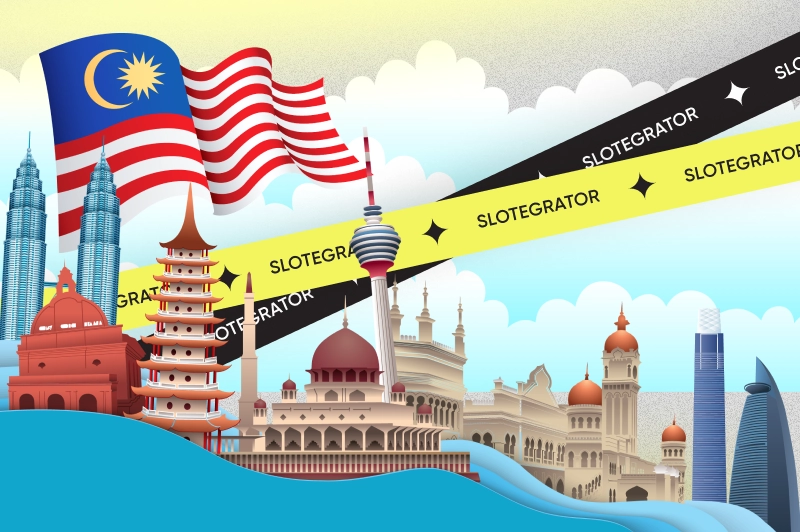
Lila Parker
Vietnam
Vietnam has strict regulations, and for decades all forms of gambling were completely banned. The tide, however, seems to have turned in 2018, with the legalization of betting on football, horse racing, and greyhound racing and the opening of casinos reserved to holders of foreign passports. Furthermore, the government launched a pilot project to allow locals in casinos, provided they earn a minimum of $445 per month, have no criminal record, and obtain the permission of their family.
Philippines
The Philippines have an interesting regulatory system: licenses and control over gambling operations are handled by two organizations, the Philippine Amusement and Gaming Corporation (PAGCOR) and the Cagayan Economic Zone Authority (CEZA). PAGCOR takes care of the licensing process for bingo houses, betting shops, cardrooms, and land-based casinos, while CEZA issues licenses to online gambling operators — which, however, are not allowed to offer their services within the country.
Surprisingly, though, it's not illegal for foreign operators to offer iGaming services to Filipino citizens, as it's not expressly prohibited by any piece of legislation. Additional confusion comes from the fact that PAGCOR began offering Philippine Offshore Gaming Operator licenses (or POGOs), which provide an alternative to CEZA. They are not allowed to offer their services to the local citizens; their main audience comes from neighboring China.
Operators holding CEZA licenses have to pay a gaming levy based on their gross gaming revenues (GGR). PAGCOR licenses are valid for three years, and operators holding one (including POGOs) are only subject to a 5% tax on their turnover.
Singapore
For many years, gambling in Singapore was limited to the offer of publicly-owned operators — Singapore Pools for lottery-type games and the Singapore Turf Club for horse racing and sports betting.
As in many other countries in the region, private casinos were prohibited; however, this began to change in 2005. After a period of consideration, the government lifted the ban and allowed casinos to operate within integrated resorts, with an entry fee of SGD 150 introduced to discourage problem gambling. Currently, the number of licenses available is capped at two, with one each taken by Marina Bay Sands Casino and Resorts World Sentosa Casino, creating a duopoly. Locals have to pay a fee to enter these casinos.
Online gambling is prohibited, except for services provided by the aforementioned public operators, the National Heritage Board, and the Singapore Sports Council.
Penalties for both black market players and operators are harsh, with steep monetary fines (up to SGD 5,000 and SGD 500,000 respectively) and jail sentences (up to six months for players and seven years for operators) to boot. Furthermore, in 2021, the Ministry of Home Affairs established a Gambling Regulatory Authority to enforce stricter oversight on the industry, and harsher punishments are currently being discussed. However, players still use VPNs to access foreign platforms, an extremely common practice in Asian markets.
